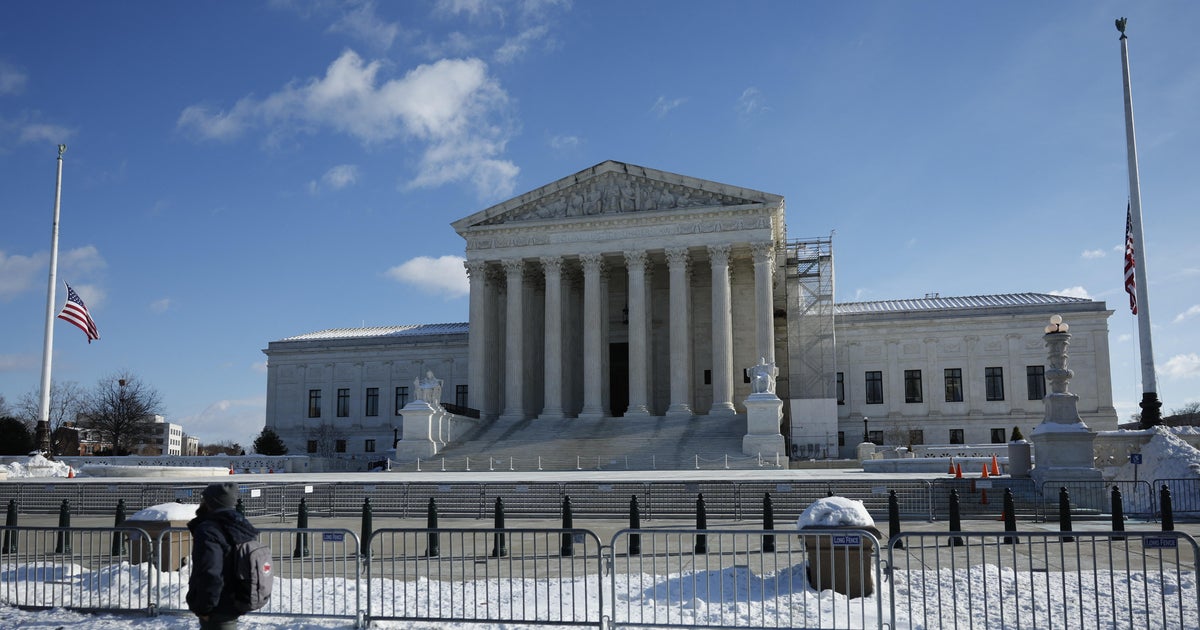Wall Street's battle pitting resilient stocks vs. political chaos
If you think the stock market appears to be in a quandary as to where it's heading, you aren't alone. Even the pros believe stocks are signaling a worrisome mixed message: The economic outlook remains positive, but it doesn't allow for complacency. That's primarily because the political turmoil in Washington could turn quickly into a national crisis.
At a time when events in the nation's capital should already be derailing stock prices, the market is showing impressive -- and surprising -- resiliency that has so far deterred massive selling. For instance, on Friday the Dow Jones industrials index closed at another record high of 21,384 (its fourth straight weekly rise). The S&P 500 closed at 2,433, and up a tick for the week. Nasdaq ended at 6,152, lower for the second week in a row on the downturn in tech shares.
At the same time, the market is displaying signs of concern that any bad political news could lead to a breakdown.
An incipient tug-of-war among investors is starting to break out between the market's strong market fundamentals and the political chaos in the White House, which has pretty much paralyzed any progress in advancing President Donald Trump's campaign promises for a pro-growth economic plan. The political disarray has been exacerbated by special counsel Robert Mueller initiating a possible obstruction-of-justice investigation concerning President Trump.
So headlines will be an even more forceful influence on what will drive the stock market, given that political developments are the more urgent pivot points for the equity market even while the economy's underlying strength is constantly on investors' radar screen. So far, the bulls appear to be pulling harder in this tug of war.
"The S&P 500 index remains in a firmly bullish position just below the recent record high," observed the CFRA investment policy committee's technical analysi. On any pullback, there's support at 2,385-2,401, according to CFRA. "The situation remains that all of the stock indices are bullish and positioned for additional gains," the investment committee said.
On its overall outlook, CFRA "voted on June 14 to raise its 12-month price target for the S&P 500, to 2,540, implying a 4 percent price appreciation over the June 13 closing value," said Sam Stovall, chairman of the committee. He cited an expected 2.9 percent year-over-year growth in U.S. real GDP through 2018, combined with a modest anticipated increase of core inflation, to 2.2 percent.
In addition, consensus estimates from S&P Global analysts point to a 14.7 percent year-over-year gain in operating earnings per share through the second quarter of 2018, "accompanied by healthy revenue growth as the S&P 500 continues to emerge from the 2015-2016 earnings recession," Stovall pointed out.
"Challenges to economic growth and share price appreciation are well known, but not new. As a result, we believe the risks are largely reflected in current valuations and underlying support," argued Stovall.
Some unusual market forces, nonetheless, could disturb the basic bullish landscape that's keeping the market upbeat. If a worst-case scenario in Washington emerges, volatility should stage a forceful comeback. Findings of any unlawful collusion between the Trump presidential campaign team and Russia could quickly trigger dire consequences for stock prices.
And the same goes if the inquiry into obstruction of justice bears charges against the president: Bedlam in stock prices is almost assured.
That's when the market's unusual equanimity and underlying positive fundamentals would surely lose out to the weight of political angst and disorder in the White House. Investors can only hope the market will have bolstered itself and built up enough strength should any such eventuality ensue -- and somehow manage to avoid a total meltdown.



